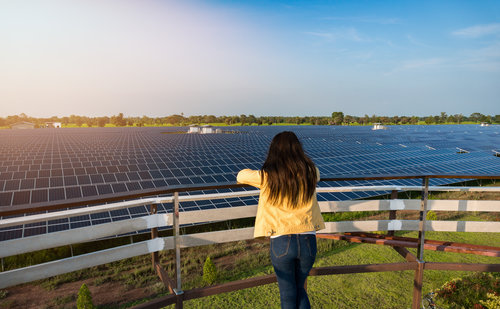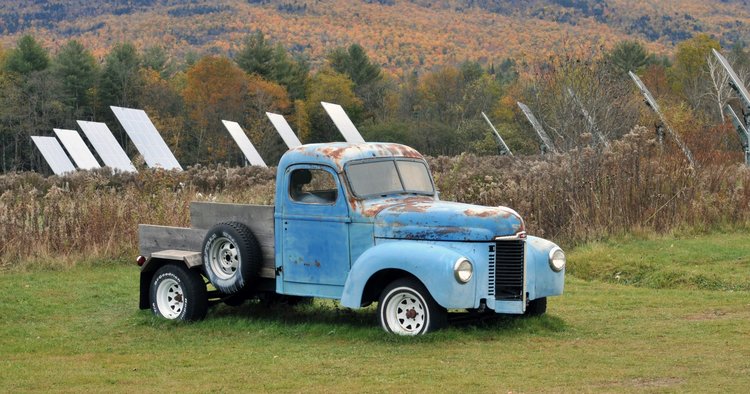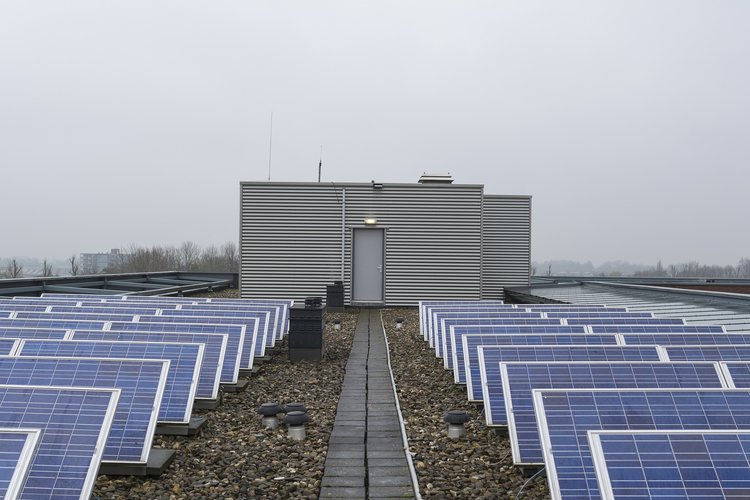When families choose solar–whether it’s rooftop panels or community solar–they’re making a decision that will have a long-term effect on their pocketbooks and the environment. But just how long will these solar panels last?
The Life Expectancy of Solar Panels
Unlike cars, solar panels are still highly productive after 30 years with little-to-no-maintenance!
Because we’ve come to expect only a few short years out of our smartphones and computers, it might be a surprise to learn that solar panels, even when exposed to the most extreme wind and snow, can be expected to last several decades. Warranties typically last 25 to 30 years. And unlike other appliances, solar panels are likely to continue working even after the warranty ends, albeit at a slightly reduced efficiency – usually only a 10-20% loss.
There are high standards for durability in the solar panel manufacturing industry, including the ability to withstand winds of over 80 miles per hour and hail pellets measuring up to an inch. In the wake of hurricanes that level buildings and leave neighborhoods without electricity for months, solar panels are often found to be fully functional and barely affected by the storm. This is made possible by a thick glass casing – much stronger than what’s used for windows – which protects the silicon cells that convert sunlight to electricity.
Table of Contents
This durability has translated into surprising longevity for real-life solar panels. Kyocera, a Japanese company and pioneer of the solar industry, cites the fact that their oldest solar panel installations from 1980’s are still functioning at high capacity, and there are plenty of thirty- and forty-year-old solar installations functioning at high capacity around the world.
With Community Solar, There’s No Need To Worry About Solar Panel Durability
The good news for community solar participants is that they do not need to worry about their solar panels’ lifespan. Our solar developer partners have already done their research to ensure that they can keep their solar projects running for decades, from initial connection to the electric grid to the panels’ eventual decommissioning. It makes simple, economic sense for them to invest in panels that will survive at least two-and-a-half decades.

We live in a time of “planned obsolescence,” when consumer electronics are built to break. Where our smartphones, toasters and televisions might need replacing every few years, it’s a relief to know that solar panels are a reliable purchase that will outlast the rest.




